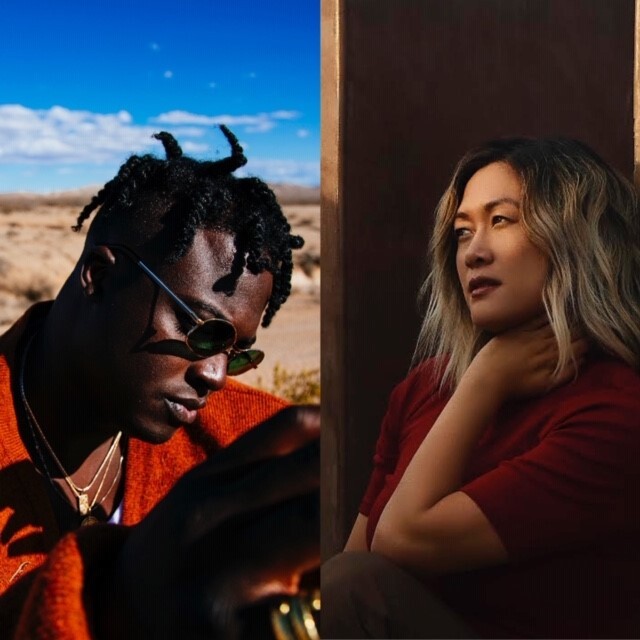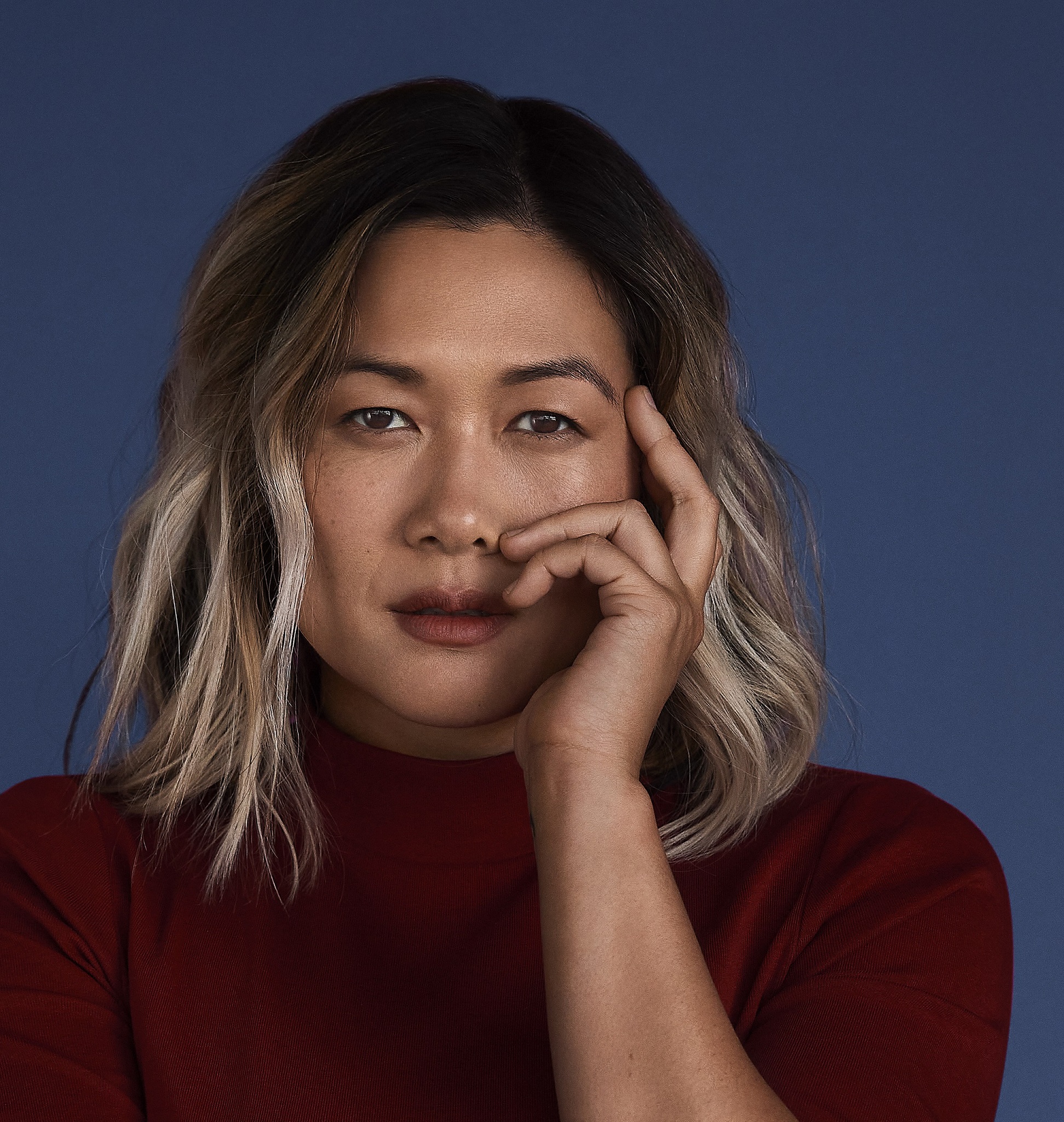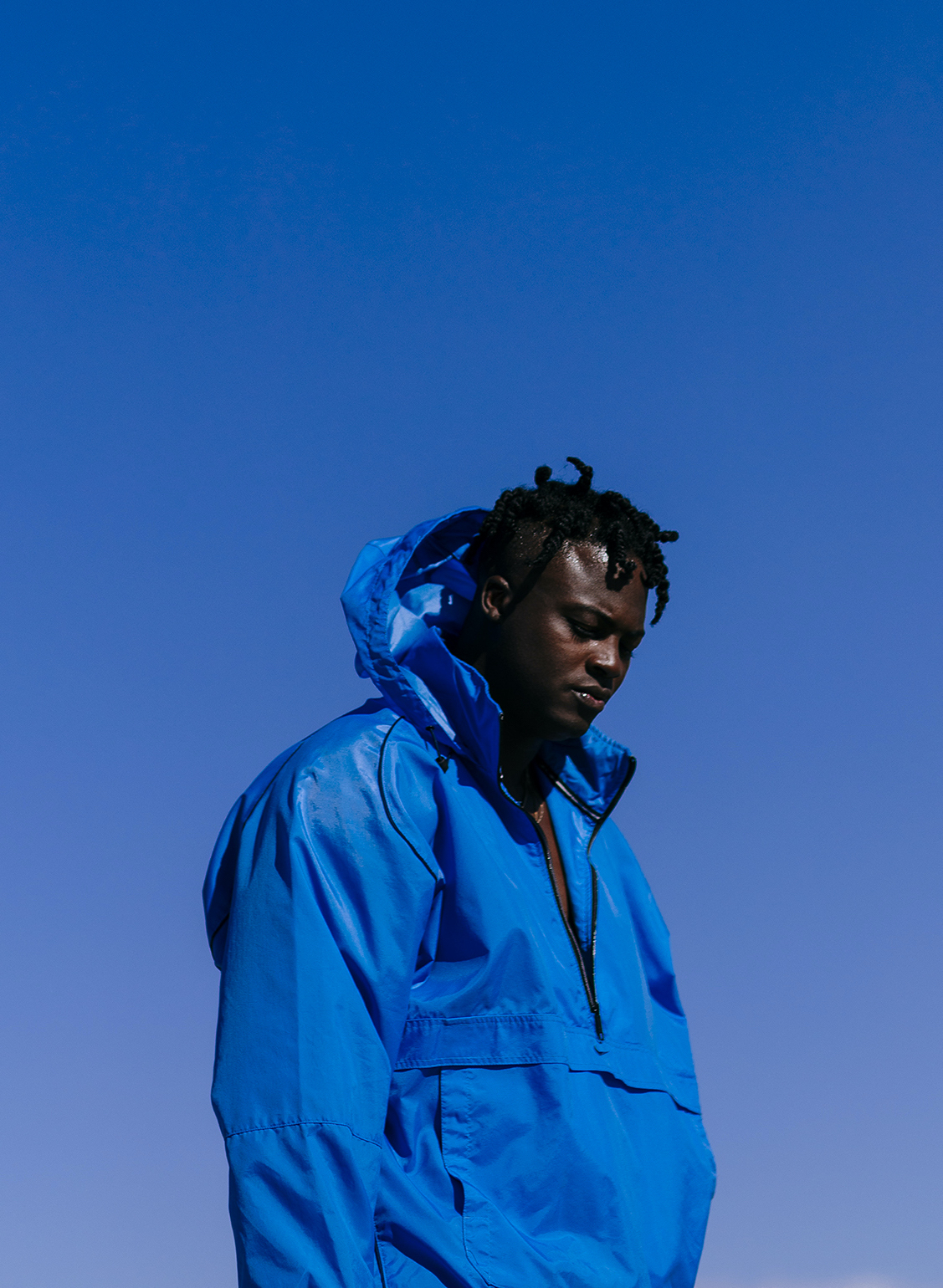
On February 23, 2020, Ahmaud Arbery, an unarmed 25-year-old black man, was hunted and killed while jogging in Glynn County, Georgia. On March 13, 2020, Breonna Taylor, a 26-year-old black ER technician, was murdered within the confines of her own apartment.
On May 25, 2020, George Floyd, a 46-year-old black man, was murdered in Minneapolis, Minnesota. The long gruesome video of George Floyd slowly being killed before our eyes was the straw that broke the camel’s back. It was as if the video triggered something in our psychosocial algorithm and was paired with once-in-a-lifetime global health and economic crisis.
On top this, we bore witness to the rapid decline of our global influence and the mythology of American exceptionalism. From a “positive” standpoint at least – Our disappointment as a nation this past year has helped shape the course of events globally. Our poor COVID-19 efforts, mishandling of protestors, economic turmoil and lack of leadership showed the world exactly what not to be. FFS Syrian’s in Idlib painted a portrait of George Floyd as a show of solidarity with the U.S. protestors – that’s what we’ve come to.
Believe it or not, this rant of mine is actually a segway into an interview. LADYGUNN had the honor of interviewing MILCK, who recently released “Somebody’s Beloved” which is a delicate yet powerful song that we hope can at least soften the vitriol that is prevalent in today’s polarized culture.
Upon witnessing the rampant racial injustices in the United States, MILCK adopted a healing mindset to contribute to the segment of America that needs curing. Her curiosity and desire to create a better America led her to research the extensivity of systematic racism. As she researched Tamika Palmer (Breonna Taylor’s Mother) and listened to her talk about the memory of her daughter, “Somebody’s Beloved” was born. Thoughts about Breonna’s driven and caring personality and the thoughts of men like George Floyd being somebody’s father consumed her.
The result was a haunting and timely new song that is far bigger than itself. Bipolar Sunshine collaborated with MILCK to create this poignant and moving new single. Please check out this masterpiece and don’t forget to vote!
What was your inspiration for “SOMEBODY’S BELOVED?”
This song was born as I was listening to Tamika Palmer talk about her daughter Breonna Taylor. She said that Breonna was a work of art, and started walking at 9 months- she was ready for the world. As I was watching her speak as a mother who is grieving the loss while advocating for justice, the awe and respect I had swelled within me, resulting in tears and lyrics pouring out of me. I wrote the verses addressing #sayhername, #sayhisname, and #saytheirname in the verses. I knew the song topic was much bigger than my own perspective, so I was really lucky to have Bipolar Sunshine provide his perspective as a songwriting talent and as a Black man who personally understands the nuances and depths of anti-Blackness.
As Bipolar Sunshine and I were writing, we were clear in our hopes that we could soften the vitriol that courses through our divided societies, and highlight the love and empathy that does in fact still exist in our communities. We hope to honor the beloved we have lost too soon to causes fueled by systemic racism.
Your hit song “Quiet” went viral at the inaugural Women’s March, paving the way for “Quiet” to be named Billboard’s #1 protest song of the year! Congratulations! What did this achievement mean to you? How do you hope your art inspires change?
This achievement was a really important part of my personal healing and my professional pride.
Personally, as a survivor of abuse, I carried the narrative that something was inherently wrong with me and that I was an outsider, not deserving of good things. However, seeing the world echo the lyrics in their own renditions and languages reminded me I’m not alone, and that it wasn’t my fault. To see people also desire to reclaim their own voices was beyond powerful and has forever cemented my desire to continue encouraging others to free themselves of shame.
Professionally, the door opened up for me. Just a few years before “Quiet” went viral, I had music industry people tell me they didn’t believe an Asian American could make much impact in the US, and that I should consider going “back” to China to make my way. I’m really glad that I stuck it out, and maintained the position that I am American. My song has become a clarion call for many Americans, and I am an example of an immigrant’s daughter who does in fact belong here.
We were all witnesses to the horrific murder of Breonna Taylor, George Floyd, and Ahmaud Arbery. As an Asian-American and a leader in your community – what have you learned about systemic racism and how do you hope to foster positive change in the future?
This global witnessing has inspired many of us, including me, to address our own privileges. I was able to take the time to acknowledge that I have both been harmed by the current systemically racist system, while also being someone who has caused harm. As a daughter of immigrants who chose to take part in this system, I grew up doing my best to succeed by playing by the rules of the dominant power structure. Just by doing so, I was helping to perpetuate the division between races. As a daughter of immigrants I have also experienced harmful moments where I was made to feel invisible, or othered. Having this both/and experience as an Asian woman gives me a unique perspective to be able to have proximity to both the dominant power structures, and those who have been harmed by it. I take this position with gratitude and readiness, because I have the resources to help rebuild an America that serves the people, rather than the powers that fear giving some of their power away.

Would you consider your art as a form of activism? How long have you been an activist?
I love this question because it gives me space to share something specific, but important to me. Because words are important to me, I do want to say that I personally relate more to being a social change artist than an activist.
To explain: I think any form of speaking one’s truth in order to take back one’s rightful freedom in this world is a type of social change work. Many people have called me an activist, and I see myself more of a social change artist who works in conjunction with activists. For example, when I think of activist, I think about women like Dolores Huerta, who advocated for migrant laborers, or when I look at Amanda Nguyen who has passed laws in the state and federal level for Sexual Assault Survivor rights. I think about my advisor Makani Themba, founder of Higher Ground Strategies. As a social change artist, my expertise is summarizing the emotions that swell behind a movement. I am very emotional, so my skill set is summarizing those feelings, to help heal, inspire, and galvanize people to act. I use this skill to help activists motivate the people into the concrete actions they design. Once I am done performing, I’m following the activsts’ lead. Does that make sense?
As for being a social change artist, I’ve been writing music to envision a better world since I was 7 years old. My first composition was called “Healthy People,” in reaction to the commercials of children starving in countries all over the world. It’s been my way of processing what I want, and how I’m going to get it, through the process of writing a song.
What was it like to work with Bipolar Sunshine on this track?
Working with Bipolar Sunshine on this track has been tremendously inspiring. He is an incredible songwriter, and has a voice of an angel. We were also able to share more race-focused stories with each other, which didn’t come up when we created “If I Ruled the World” together. I was able to learn more about his experiences growing up as a young Black man in Manchester, and he was able to witness me trying to understand more.
The experience has exposed my fears of making mistakes, or “not doing it right”, and I’ve had to time and time again acknowledge my own woman of color desire to be the best at everything, and to allow myself to make mistakes. Bipolar Sunshine’s grace in entering the space with me has been beautiful, and a big gift to me.
How have your experiences as an Asian-American shaped your reality?
I am in my 30’s, so I grew up as a child where Asian American visibility in any form of US media was essentially nonexistence. I had to grapple with feeling insignificant to mainstream culture for years. It truly wasn’t until the women’s march where my voice was something people had an interest in. My experience of knowing what it feels like to not be recognized is something that gives me great empathy for those who are fighting for representation and justice.

Is creating a more diverse Entertainment / Music industry a part of your goal?
Absolutely. I remember wanting to learn how to put eyeshadow on my eyelids as a middle schooler, so I “borrowed” my sister’s makeup and magazines. I went into my bedroom, excited to embark on this moment of womanhood. I discovered quickly, though, that the magazines had no examples of eyes that looked like mine. I remember telling myself, “If I don’t see what I want to see in the media, I will become it.” This has been one of the driving forces of my ambition.
How have you been spending quarantine?
I spent the first part doing a lot of livestreams and creating unique ways to engage my audience, like these musitation videos, where I would turn my song into a breathwork exercise, to help calm and ground people during this time of uncertainty.
Then, when I wrote “Somebody’s Beloved,” I spent the past few months building out a social action campaign, and partnering with my supporters to build somebodysbeloved.com, and to create the music video in South Memphis. I actually drove from LA to Memphis because I wasn’t ready to fly during the pandemic, but I wanted to be there to co-create the story that we told in the music video.
Anything else you’d like to add?
Please check out the 7 orgs that we are honoring and donating to through the Somebody’s Beloved Fund.
https://www.somebodysbeloved.com/somebody%CA%BBs-beloved-fund
CONNECT WITH MILCK
INSTAGRAM / SPOTIFY / TWITTER
photos / Courtesy of Andrew George
story / Ali Qutmiera
